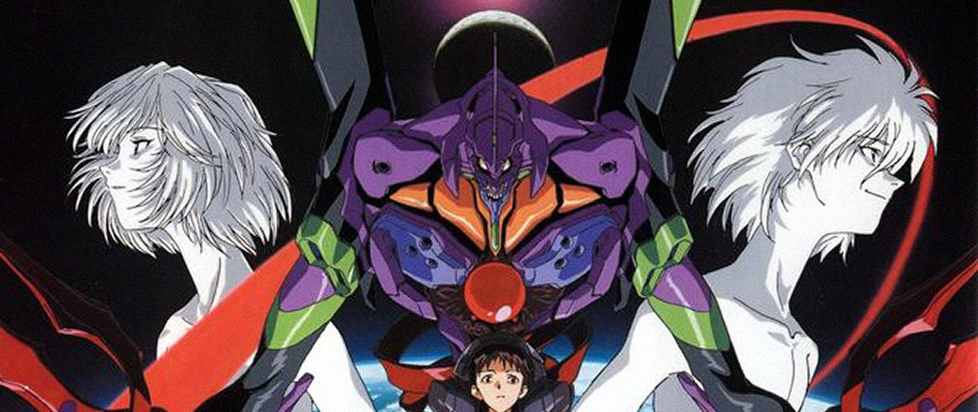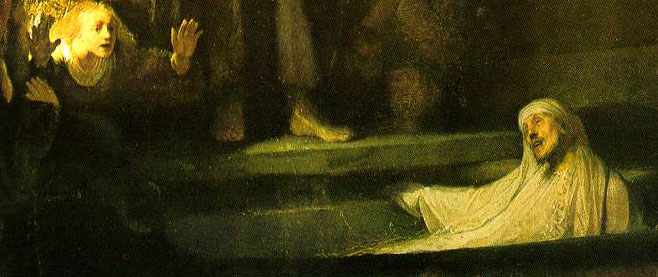
The Weird World of Neon Genesis Evangelion Spinoffs
Spinoffs are part and parcel of every successful franchise, in anime and beyond. They take the shape of manga, films, OVAs, games and basically any medium you can cram an additional storyline into to provide fans with content and a studio with money.
Neon Genesis Evangelion stands out as a series that used spinoffs to open up some more opportunities to market something, anything to fans, while potentially hurting the source material in the process.
Evangelion is not an easy anime to market, and deliberately so. By subverting well-established tropes of the mecha genre and posing many psychological and philosophical questions to its main characters without allowing them to find definite answers at any point, its meaning has been left to interpretation. Thus, it was never an anime about action, but it’s focus on individual characters was a lot more shallow than in other shows.
Evangelion may feature characters who are still in high school, but it is preoccupied with their vulnerable mental state rather than stories of friendships or overcoming hardships. They are only young because their desires and malleable state allows them to be used.
This tone doesn’t make for very good merchandise sales, however, which is why Evangelion needed to be associated with more cheerful themes, too. Spinoffs provide a kind of additional legitimisation – as officially licensed products these additional stories, as far as they may be from the main story, they enter the canon. In this way, they work much like all the different universes in American comics.
Just like Captain America suddenly becoming a Nazi sympathiser however, these spinoffs can harm the perception of the source material if they don’t show any knowledge of its themes. This is exactly what happened with the various Evangelion spinoff manga.
Preoccupied with providing the cheerful tone that the series lacks, spinoffs center on themes that you can find in any other manga, completely leeching away Evangelion’s source of popularity.
Take the description of the Evangelion parody manga Legend of the Piko Piko Middle School Students:
“Mysterious invaders are threatening Earth…so recruit a group of elite school kids to play videogames that secretly train them for the real fight that lies ahead! Does this plan sound familiar? Well, they’d better get a new plan, because the elite school kids are Shinji, Rei, Asuka, and Kaworu, and they’re too busy playing games to ever get in the fricking robot!”
This scenario assumes that everything that happened in Evangelion simply takes place in a fun videogame, leaving the protagonists to live out their everyday lives. The manga Angelic Days was similarly adamant in creating a happy ending at any cost. It’s based on the Evangelion dating sim Evangelion: Girlfriend of Steel 2nd and is basically a fix-it in which everyone stays alive and becomes a potential date.
Neon Genesis Evangelion: The Shinji Ikari Raising Project is another manga in exactly the same vein, while Shinji Ikari: Tantei Nikki imagines Shinji as a young detective.
A focus on characters or memorable moments and design elements is vital for the sale of merchandise. Viewers have to be able to pick a favourite character or potentially relive their favourite moments through memorabilia. Of course Evangelion, like any other anime, produced a wealth of figures of the different Evangelion units and the three main characters. Officially licensed manga about romance and friendship open the door to softer depictions. Yoshiyuki Sadamoto, creator of the official Evangelion manga, has never been shy about sexualising his female protagonists, which lead to figurines that lasciviously lean against the rubble of a destroyed earth.
Spinoffs and depictions like this hurt the series. They fail to preserve the idea behind the source material they’re built on, when material that actually takes a closer look at certain plot strands and characters would be welcomed by fans. Additionally, it relies on the very tropes the original series tried to subvert, from shallow high school romance to erotic depictions. This leads to the erasure of any personality traits that made the original characters important to the narrative and iconic in their own ways. In each spinoff manga, Asuka is reduced to being “the hot-headed one”, Rei is quiet and mysterious, and Shinji, like the protagonist of the ultimate harem fantasy, can’t decide whom to date first. As intimately familiar as viewers become with the mental states of these characters throughout the anime, it seems hard to believe that this is truly what would be left of them once they could live without the threat of an alien invasion.
More importantly, content like this makes a farce of how Evangelion tackles of mental health. The ideal world is one in which everyone is suddenly free of problems and spends their time with gossip. Erasure of any anxieties and potential mental health problems is equated with the ideal state, in which a “normal life” and happiness are paramount. It’s insulting to the source material when Evangelion details all the horrors that are a direct result of humankind’s never-ending quest for this elusive happiness.
Evangelion creator Hideaki Anno battled severe depression more than once while trying to create something that would satisfy his fans while preserving his original artistic vision. Anno created an anime that lived off of not answering questions or offering the perfect ending, while he received both death threats and praise as a result.
The legacy of Evangelion, both due the spinoffs and the newly produced films, tells a different story, one that places more importance on potential business than the message Evangelion’s narrative tried to convey. The spinoff content is nothing fans can’t and haven’t produced by themselves through fanfiction and doujinshi. Fan-created content is clearly a fantasy, and as such uninhibited and aware of its own failings. The spinoffs however are a deliberate facet to a universe, more of an official version of alternate events than idle fantasies. Of course Evangelion is not alone in treating its material in this way, but given the tone of the series overall and its long history with several attempts to fix and change it, such spinoffs become one more misstep.





